We must all look out for one another, to ensure nobody is cut adrift.
We continue to hear heartening stories of how communities across the country are pulling together. The video below tells the story of one of our oldest partners, the Cedarwood Trust in North Shields.
The project usually operates a range of projects from its community centre on the Meadowell estate. But since lockdown, regulars, neighbours, staff and volunteers have been coming together to ensure nobody in the community is cut adrift.
Watch the video above to hear first-hand from local residents Jean, Henry, Adam, Lindsey, Lynne, Andrew and Dorothy, as well as the staff.
The team have been delivering meals, making phone calls, sourcing spare baby supplies or equipment, and holding cherished doorstep conversations.
Wayne Dobson, chief executive at Cedarwood, says the experience of lockdown will change their approach forever. He says there is a tremendous community spirit on the estate, and says:
We cannot just be custodians of the building. We need to be out in the community and that’s one of the things we are going to do differently when this is all over – we are going to continue the community outreach.
Artist Don: How Leith Pantry has helped ease my depression
Pantry member Don tells us how he and Your Local Pantry helped him have helped each another Your Local Pantries are making an amazing difference …
Are we set for a landmark legal change on inequality?
Are we close to seeing a landmark legal change? For the past few years, growing numbers of people and groups have been calling for a …
SPARK newsletter winter 2023-24
Download the winter 2023-24 newsletter for supporters of Church Action on Poverty
Let’s say what we truly want society to look like – Let’s End Poverty
This year is a chance to reassert what we want for the country. The huge majority of us want to end poverty… Niall Cooper says: …
Charity and church leaders call for urgent action on rising poverty in the UK and around the world
Senior leaders from churches and charities have called on politicians to take urgent action on rising poverty in the UK and around the world. In …
New Year’s Honour for inspiring campaigner Penny
Compassionate community campaigner, Penny Walters, has been awarded the British Empire Medal in the New Year Honours list. The award is in recognition of her …
6 places, 41 people: Some of the UK’s unheard election voices
Our Neighbourhood Voices conversations have yielded some fascinating ideas and insights. The UK needs to get serious about ending poverty. …
Wythenshawe voices: It’s wonderful – but austerity NEEDS to end
In Wythenshawe, people tell of the harm of austerity, and hopes for a better future “We need funding back. We …
London voices: poetry, photos and unheard issues
The Neighbourhood Voices conversation in London looks at election messaging, hopes and some of the issues not being discussed. What …

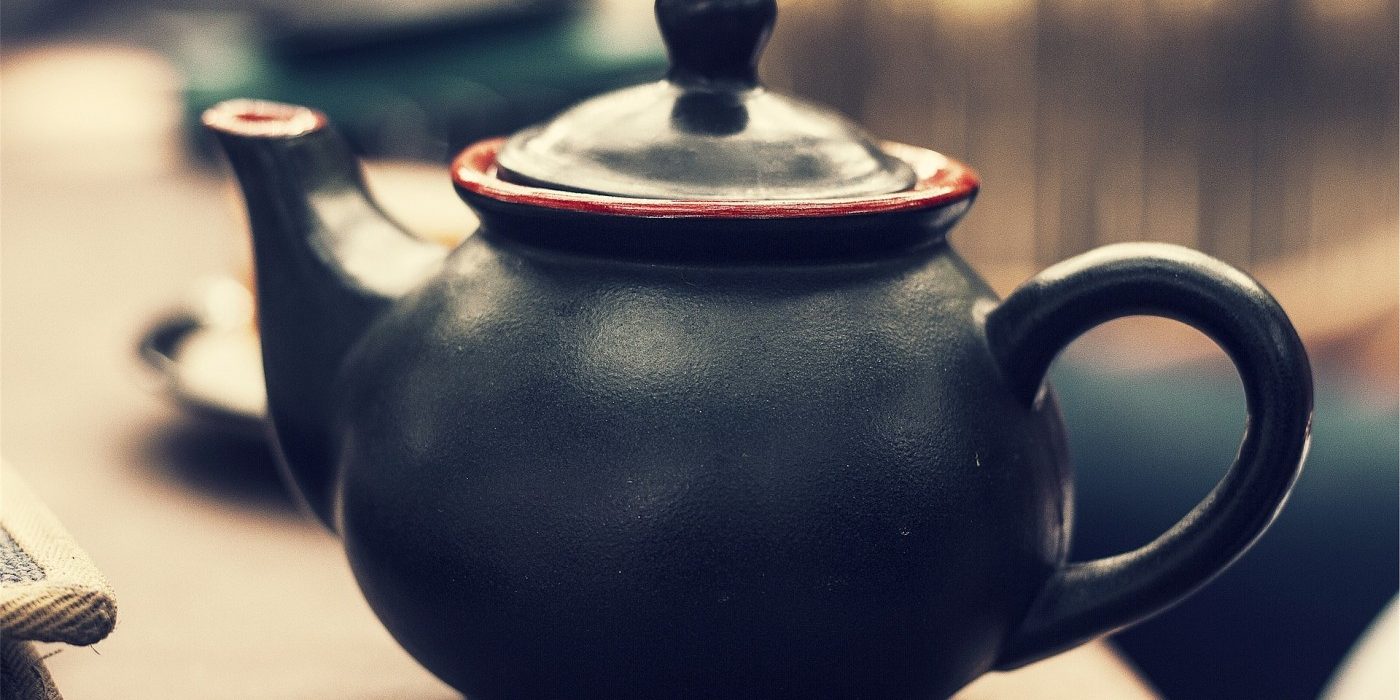
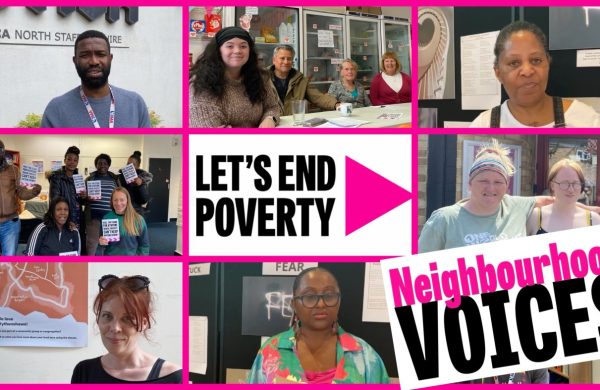
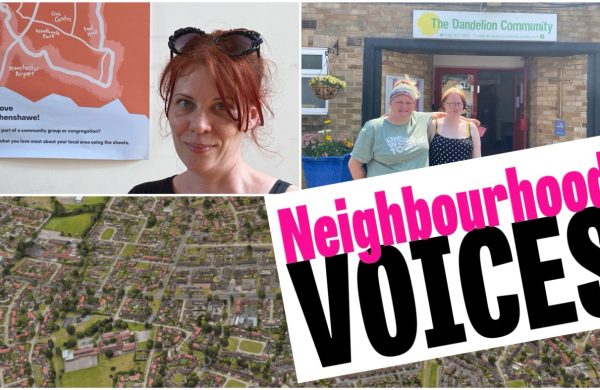
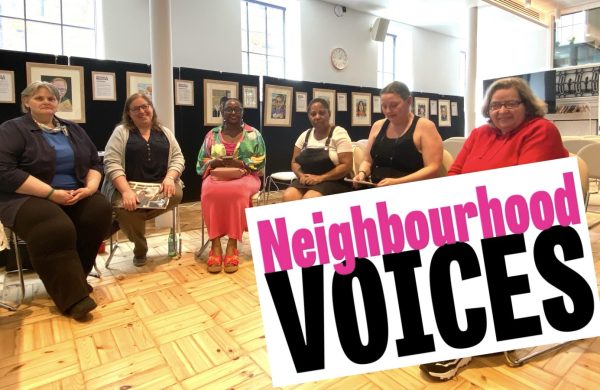



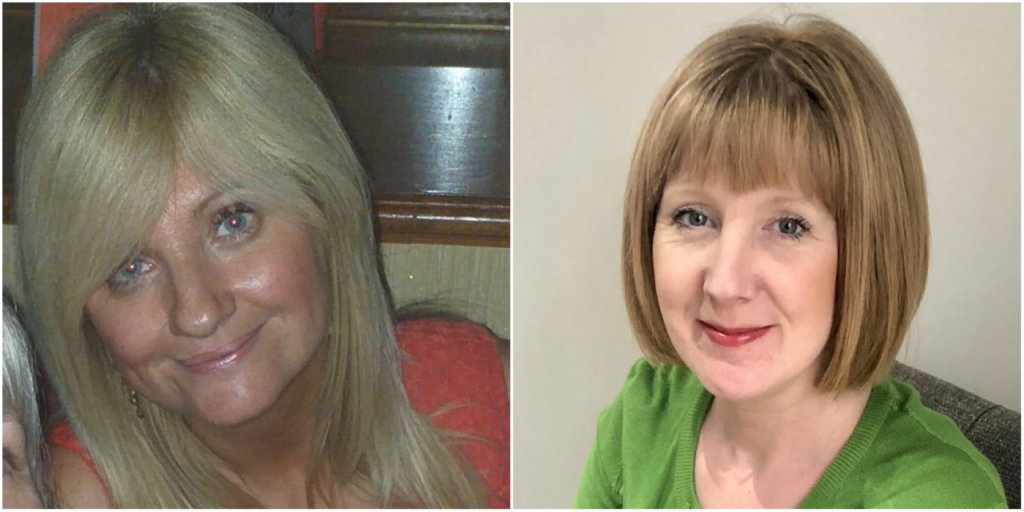
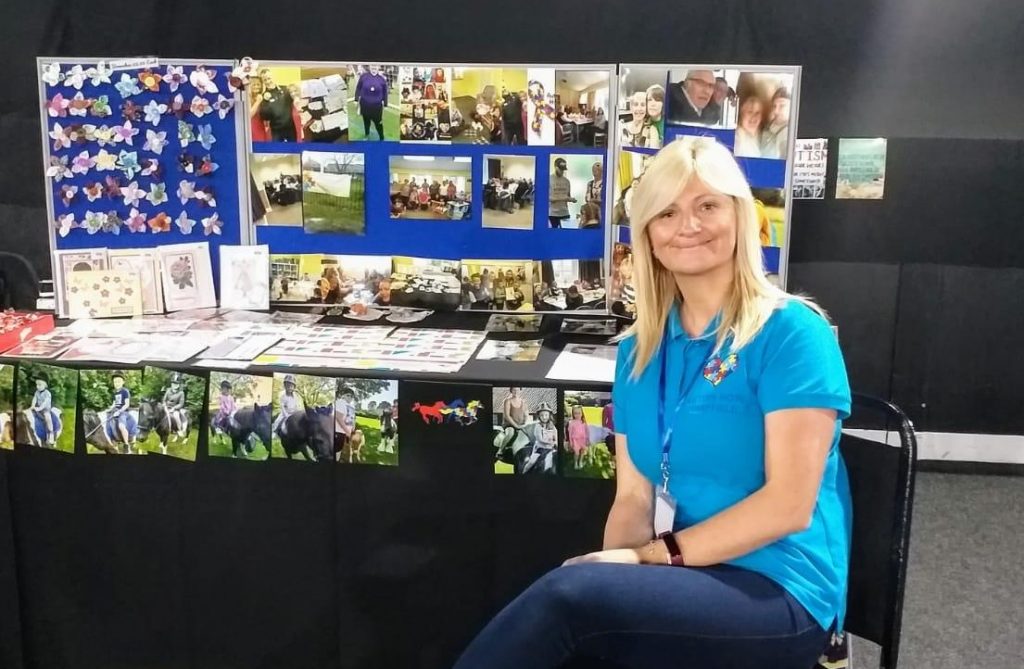


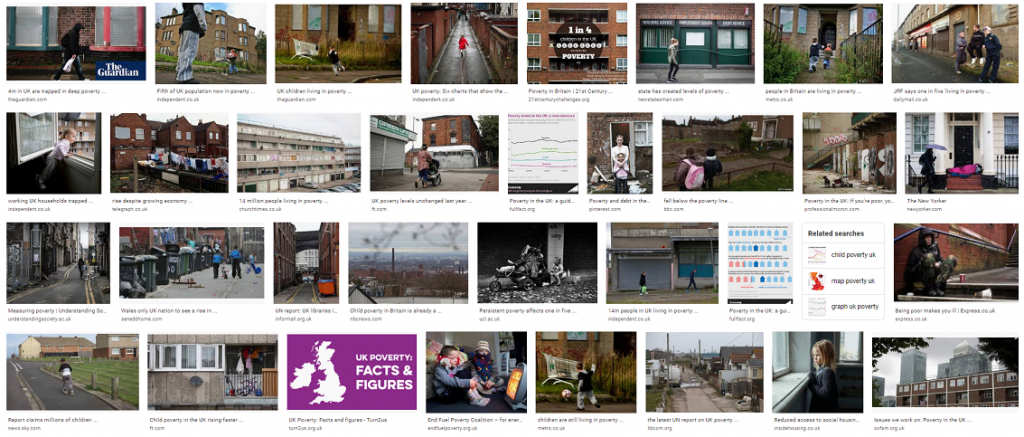
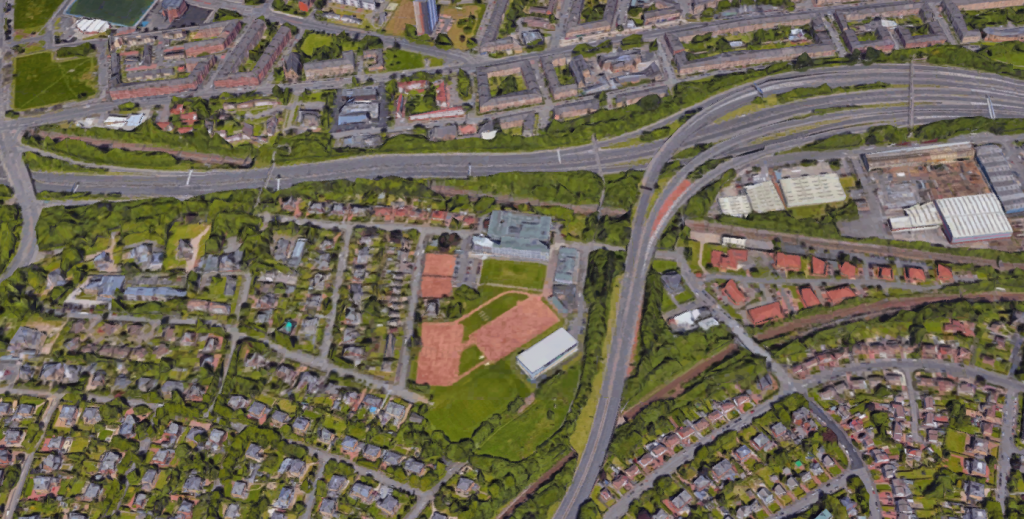
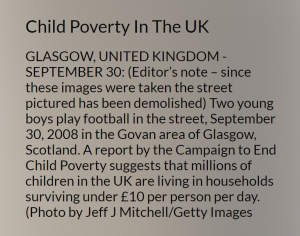
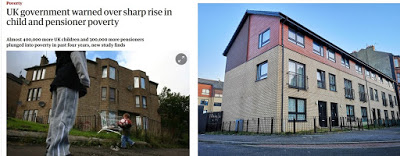
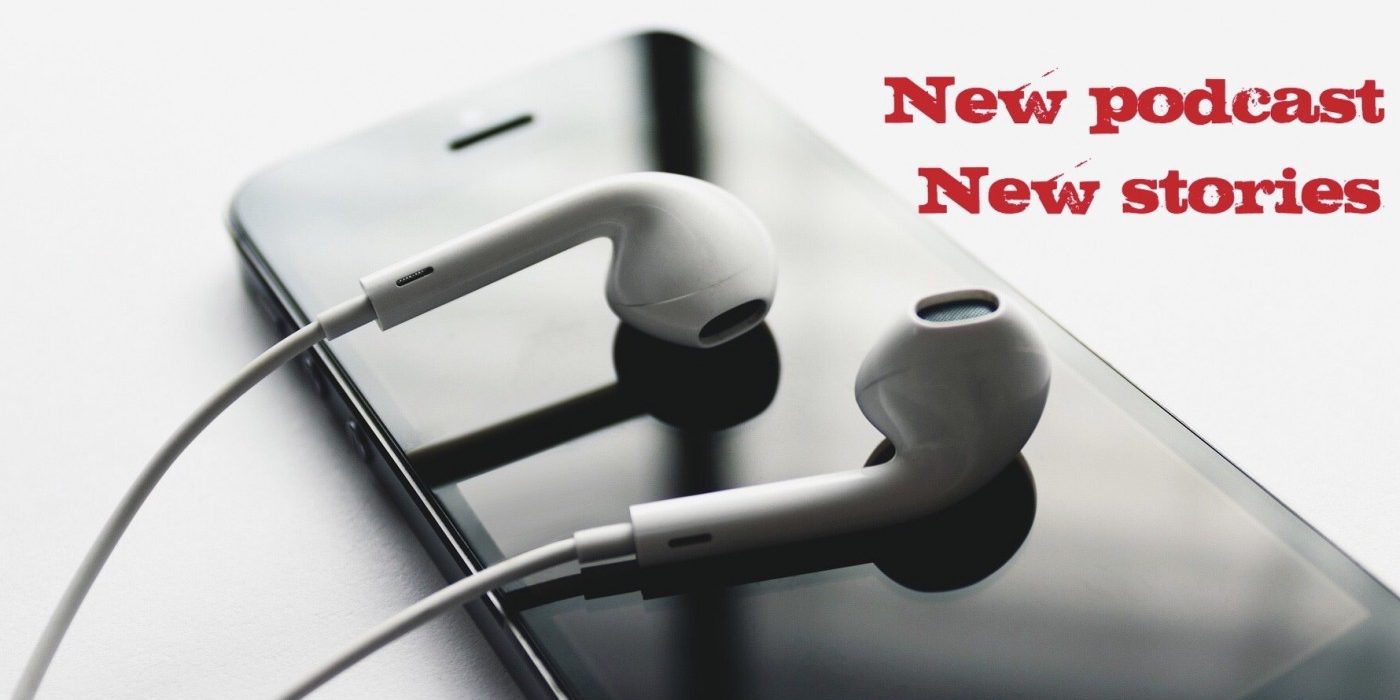

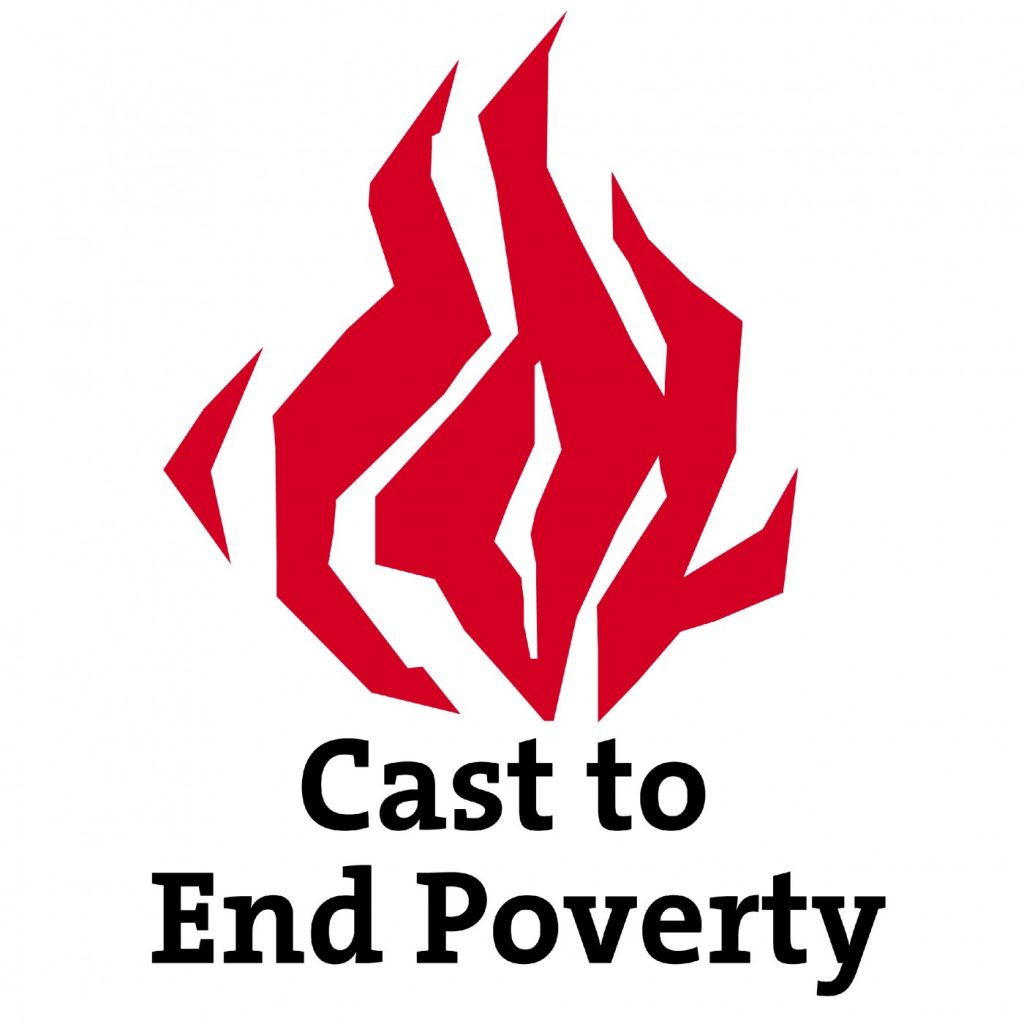
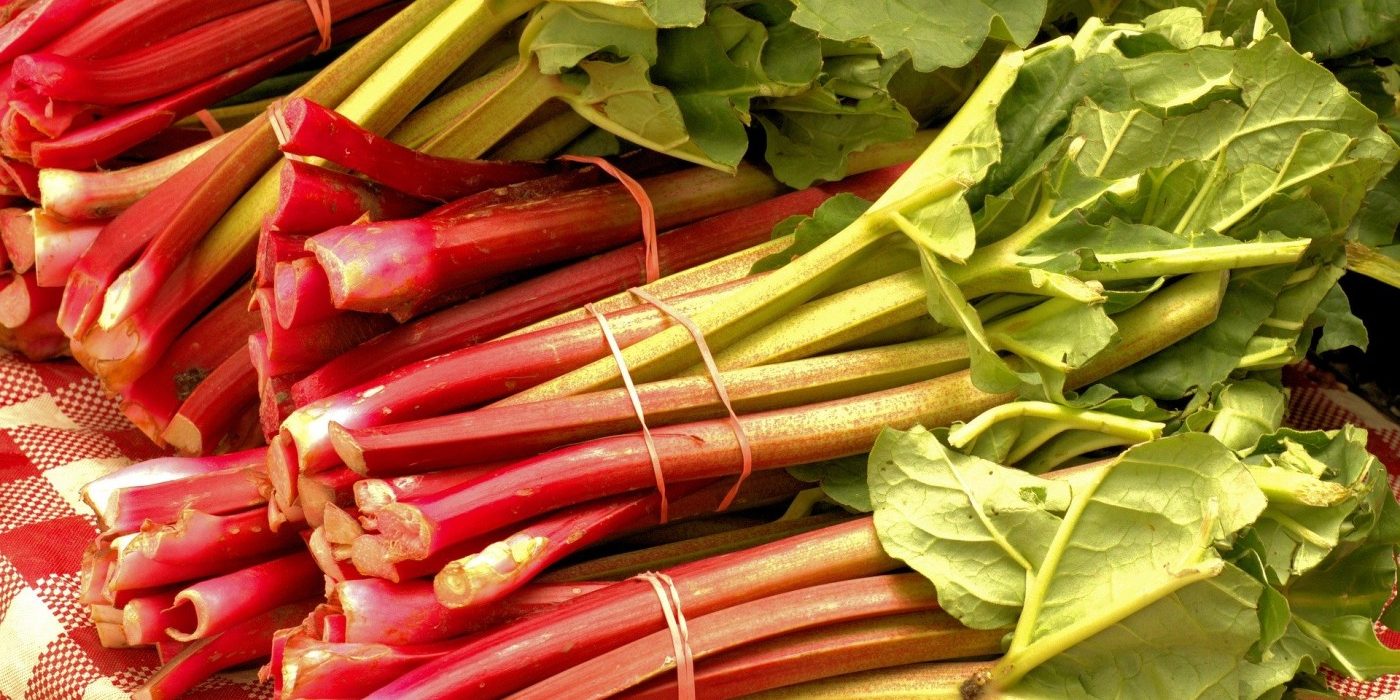
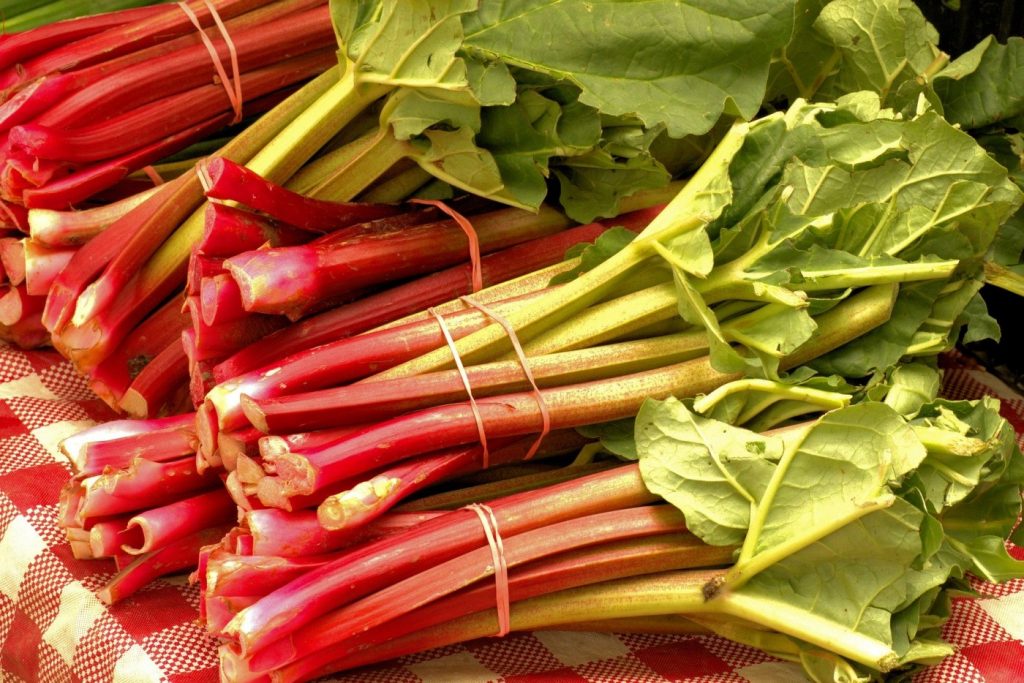


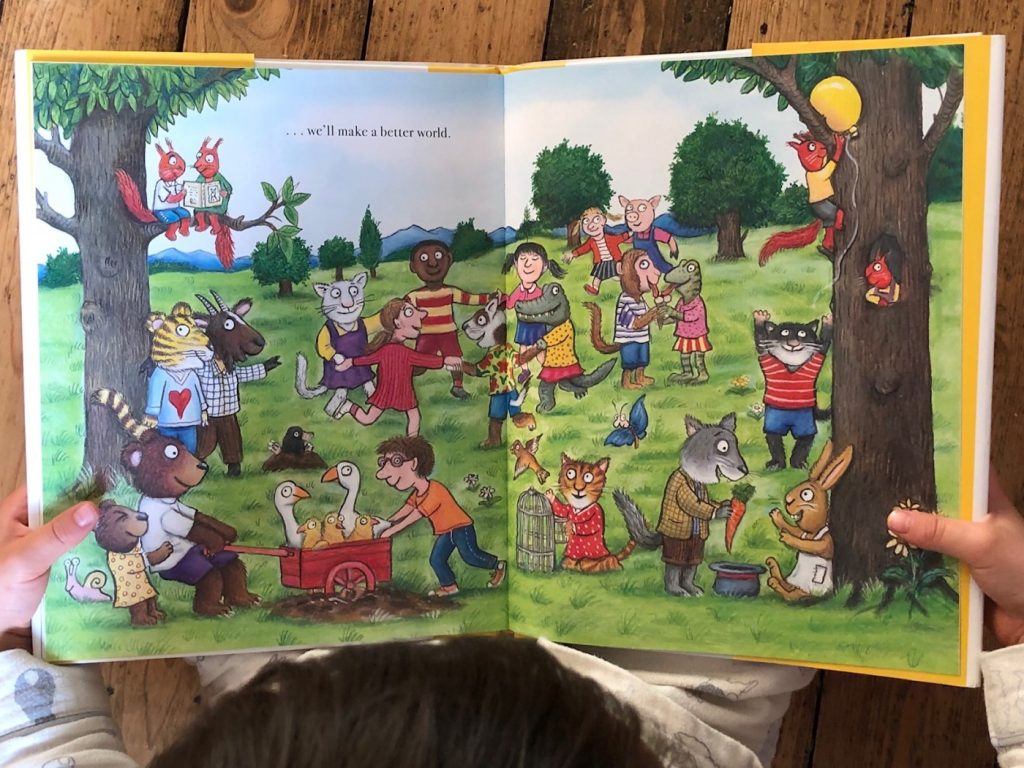
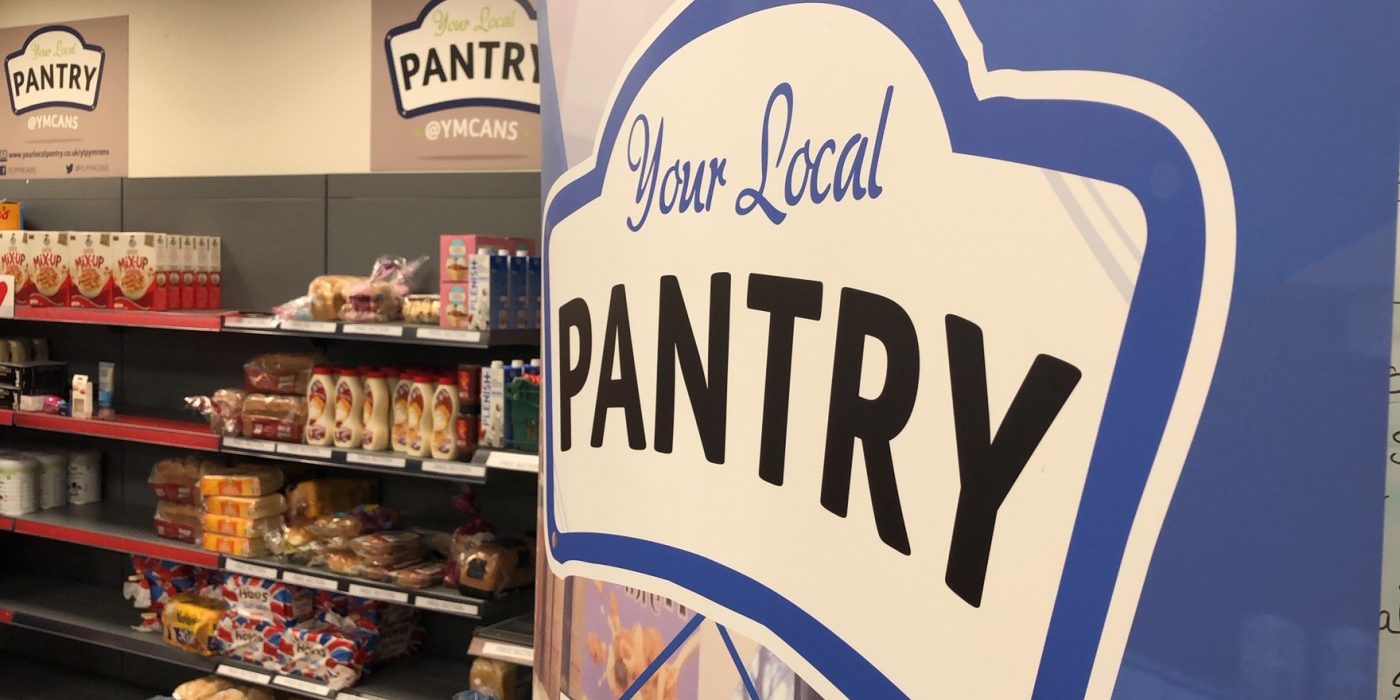
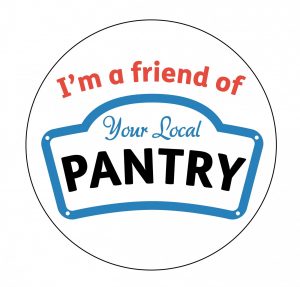
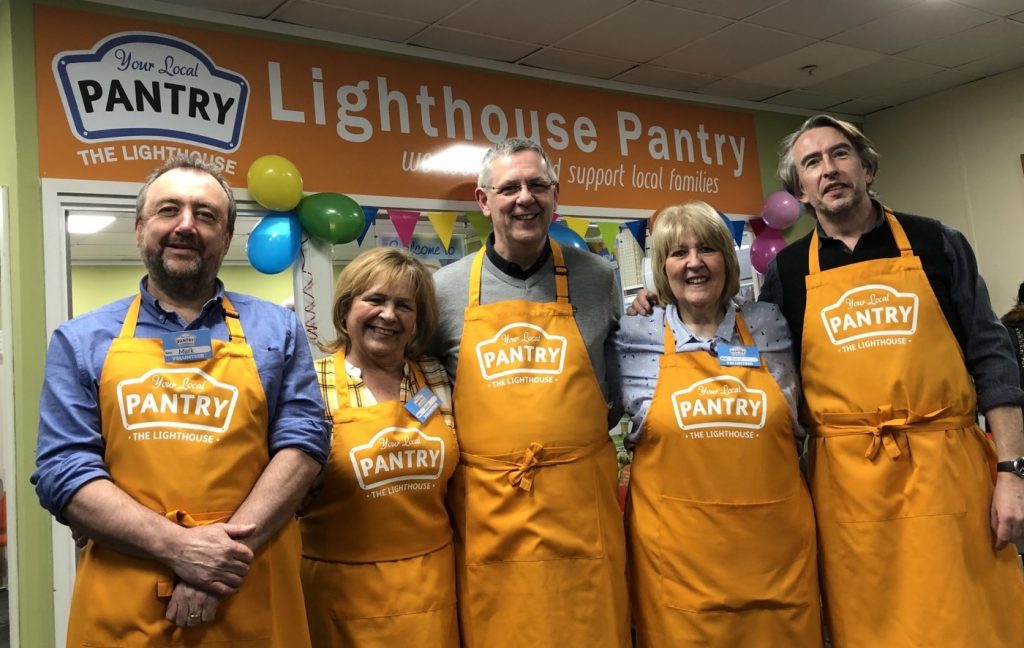
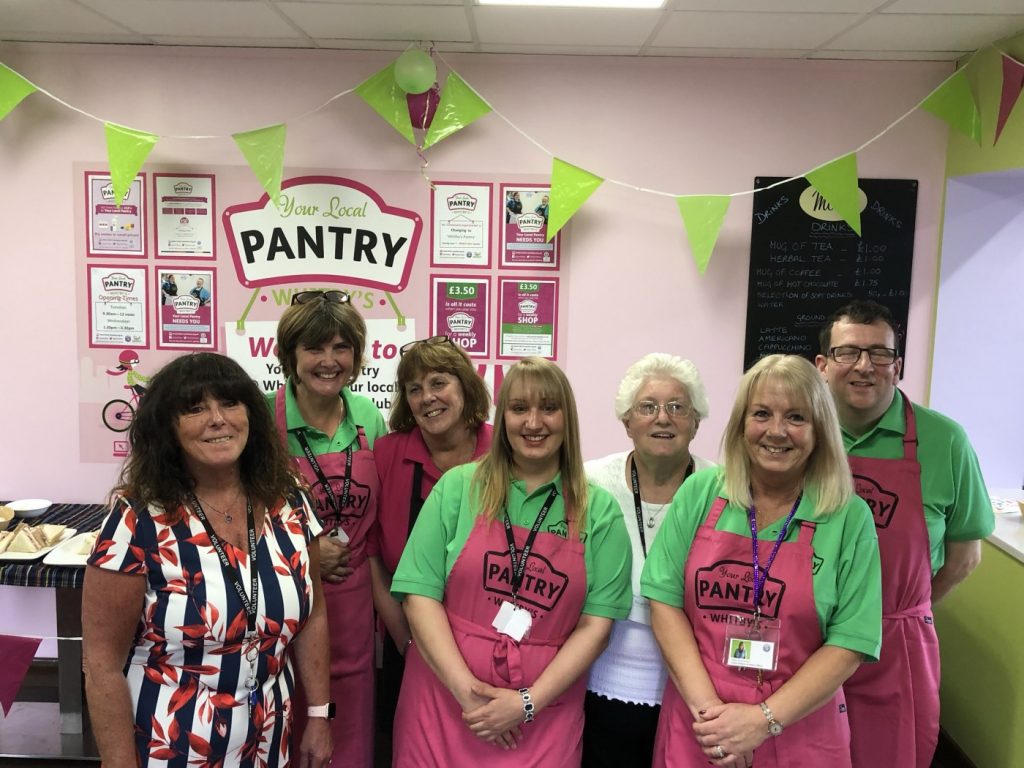
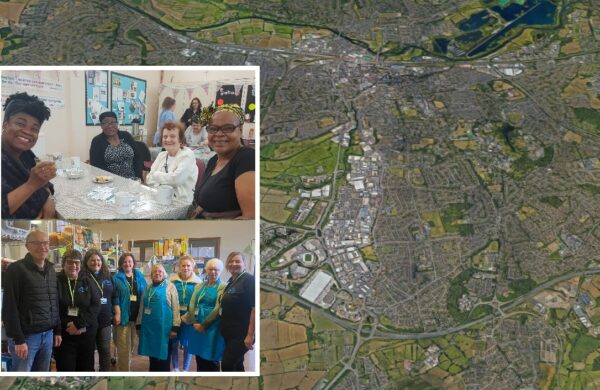
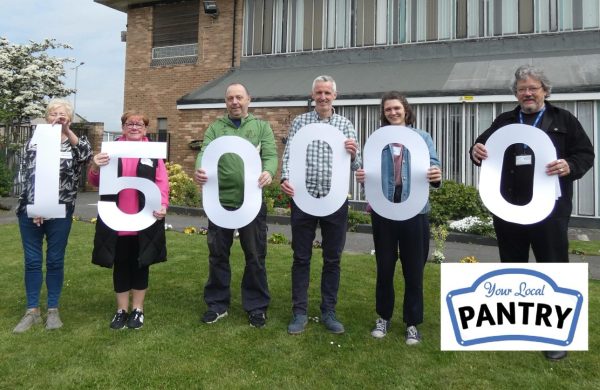
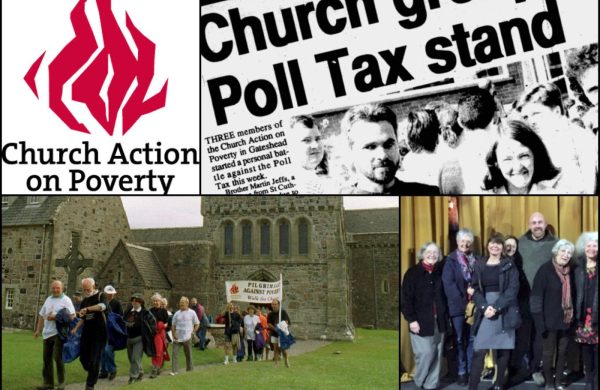
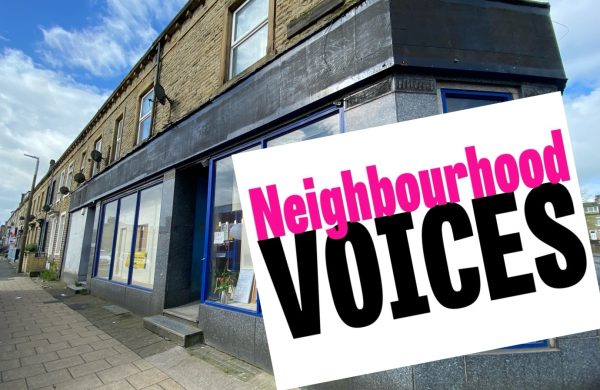
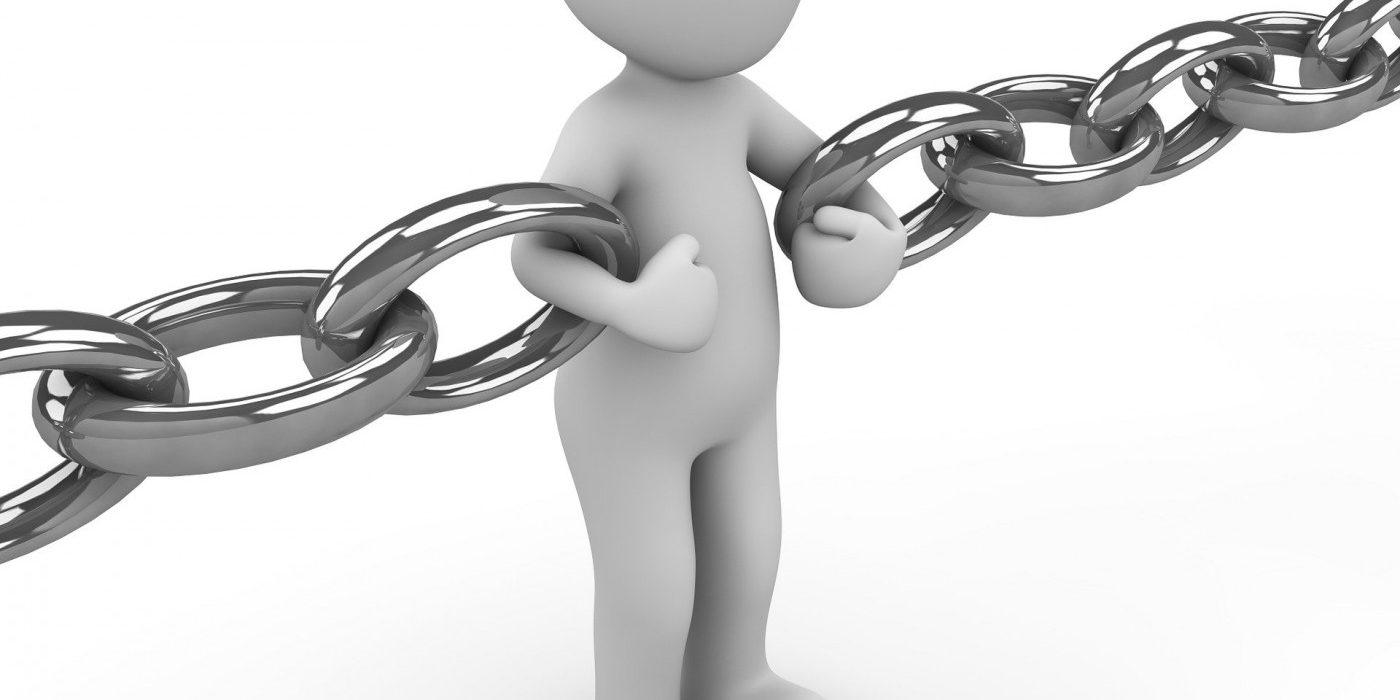
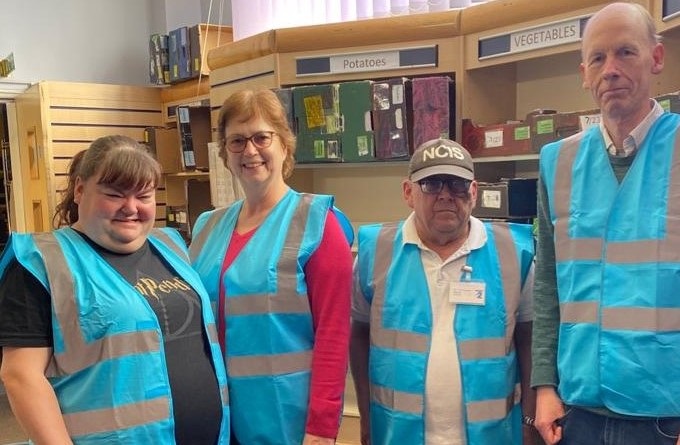
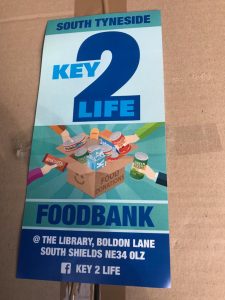 Our foodbank manager, Jo, has health issues so is working from home and most of our trustees are self-isolating. However, we were delighted to be ‘loaned’ Pauline, who would normally be running the Methodist shop in the town centre, which has temporarily closed. Pauline is working three days a week at the Foodbank to make sure protocols are followed and managing the finances. A great example of cooperation and sharing of resources! It is a big relief because otherwise we had no senior person able to actually go to the foodbank to support the volunteers.
Our foodbank manager, Jo, has health issues so is working from home and most of our trustees are self-isolating. However, we were delighted to be ‘loaned’ Pauline, who would normally be running the Methodist shop in the town centre, which has temporarily closed. Pauline is working three days a week at the Foodbank to make sure protocols are followed and managing the finances. A great example of cooperation and sharing of resources! It is a big relief because otherwise we had no senior person able to actually go to the foodbank to support the volunteers.